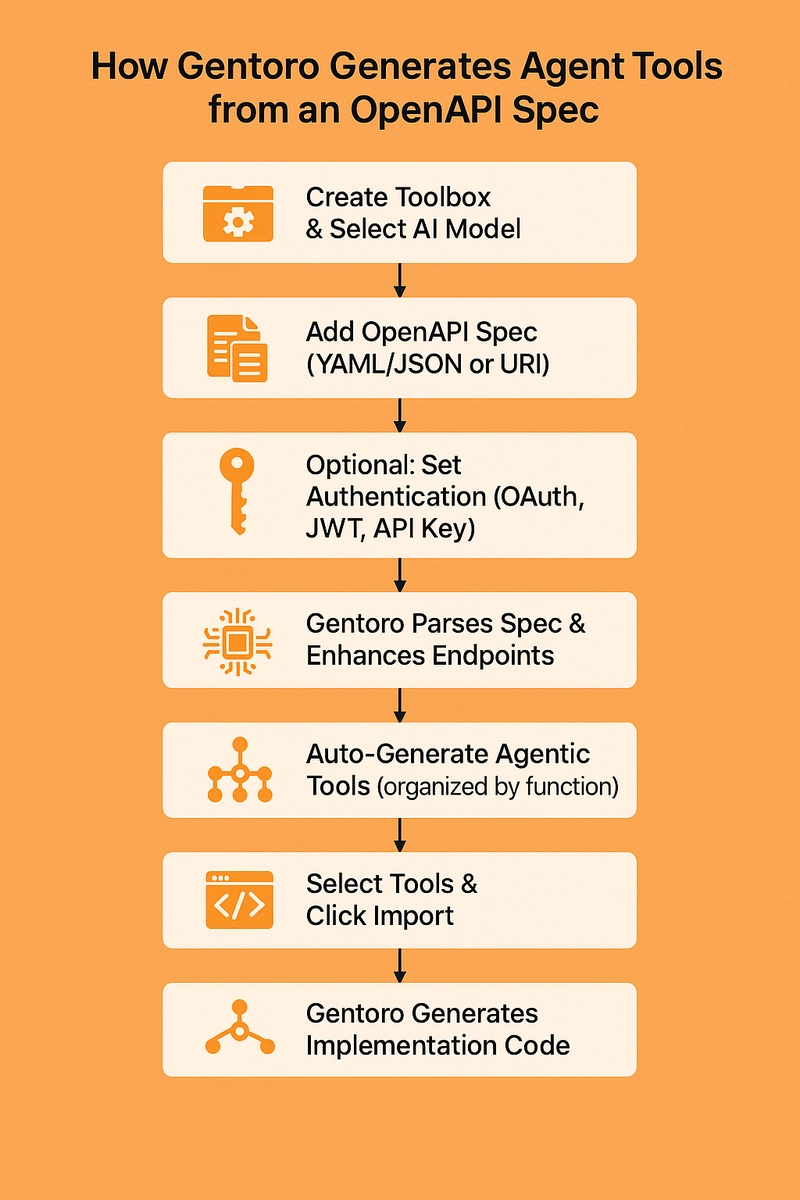The Unsung Hero: Why Scrum Masters Matter (and Why They're So Often Invisible)
Ever feel like your Scrum Master is… well, invisible? Like a helpful ghost who magically makes things run smoothly without anyone really noticing? You're not alone. Many organizations treat their Scrum Masters as the "behind-the-scenes" support staff, and that's a huge missed opportunity. Let's explore why Scrum Masters are crucial for team success and why they often get overlooked. Why Scrum Masters are the Secret Sauce The Scrum Master isn't just a facilitator; they're the glue that holds the whole Agile process together. Think of them as the team's coach, mentor, and problem-solver all rolled into one. They: Protect the team: They shield the team from external distractions and interruptions, ensuring they can focus on delivering value. Think of them as the bouncer at the door of the development dojo. Facilitate meetings: They guide Sprint Planning, Daily Scrums, Sprint Reviews, and Retrospectives, ensuring everyone's voice is heard and the meetings are productive (and not just time-wasting sessions). Remove impediments: They're the problem-solving ninjas, identifying and removing roadblocks that hinder the team's progress. They don't just find the solutions; they actively work to get things unstuck. Promote Agile principles: They're the champions of Agile values, constantly reinforcing the importance of collaboration, transparency, and continuous improvement. They help the team understand and live these values. Coach the team: They help team members improve their skills and processes, fostering a culture of continuous learning and growth. They’re like that supportive workout buddy who keeps you motivated. The Invisibility Cloak: Why Scrum Masters Often Go Unnoticed So, if Scrum Masters are so critical, why are they often treated as invisible? Several factors contribute to this: Focus on deliverables: Many organizations prioritize output over process. They see the Scrum Master's role as supporting the developers, not as a key contributor to success. This leads to a focus on "what" gets done, not "how" it gets done effectively. Misunderstanding of the role: There’s a common misconception that Scrum Masters are just project managers with a different name. They're not—their focus is on the team's performance and well-being, not just project delivery. Lack of visibility of their contributions: The value of a good Scrum Master is often only apparent when they're not needed—when everything runs smoothly. Unfortunately, that makes it hard to quantify their impact. Internal company culture: A culture that doesn’t value Agile principles or collaboration will naturally undervalue the Scrum Master's role. Breaking the Invisibility Barrier The solution lies in changing mindsets and creating a culture of appreciation. Highlight their achievements: Publicly acknowledge and celebrate the Scrum Master's contributions to the team's success. Invest in training and development: Ensure Scrum Masters have the skills and knowledge to effectively perform their role. Promote collaboration: Emphasize the Scrum Master's role as a collaborative partner, not just a support function. Measure the impact: Track metrics that demonstrate the Scrum Master's contribution to team productivity and well-being. Conclusion A highly effective Scrum Master is the secret weapon of a successful Agile team. They are the unsung heroes who ensure smooth processes and a motivated team. It’s time we shed the "invisible" label and acknowledge the crucial role they play in achieving project success and building high-performing teams. So, let's give a big shout-out to all the hard-working, often invisible, Scrum Masters out there! You're making a difference, even if it's not always obvious.

Ever feel like your Scrum Master is… well, invisible? Like a helpful ghost who magically makes things run smoothly without anyone really noticing? You're not alone. Many organizations treat their Scrum Masters as the "behind-the-scenes" support staff, and that's a huge missed opportunity. Let's explore why Scrum Masters are crucial for team success and why they often get overlooked.
Why Scrum Masters are the Secret Sauce
The Scrum Master isn't just a facilitator; they're the glue that holds the whole Agile process together. Think of them as the team's coach, mentor, and problem-solver all rolled into one. They:
- Protect the team: They shield the team from external distractions and interruptions, ensuring they can focus on delivering value. Think of them as the bouncer at the door of the development dojo.
- Facilitate meetings: They guide Sprint Planning, Daily Scrums, Sprint Reviews, and Retrospectives, ensuring everyone's voice is heard and the meetings are productive (and not just time-wasting sessions).
- Remove impediments: They're the problem-solving ninjas, identifying and removing roadblocks that hinder the team's progress. They don't just find the solutions; they actively work to get things unstuck.
- Promote Agile principles: They're the champions of Agile values, constantly reinforcing the importance of collaboration, transparency, and continuous improvement. They help the team understand and live these values.
- Coach the team: They help team members improve their skills and processes, fostering a culture of continuous learning and growth. They’re like that supportive workout buddy who keeps you motivated.
The Invisibility Cloak: Why Scrum Masters Often Go Unnoticed
So, if Scrum Masters are so critical, why are they often treated as invisible? Several factors contribute to this:
- Focus on deliverables: Many organizations prioritize output over process. They see the Scrum Master's role as supporting the developers, not as a key contributor to success. This leads to a focus on "what" gets done, not "how" it gets done effectively.
- Misunderstanding of the role: There’s a common misconception that Scrum Masters are just project managers with a different name. They're not—their focus is on the team's performance and well-being, not just project delivery.
- Lack of visibility of their contributions: The value of a good Scrum Master is often only apparent when they're not needed—when everything runs smoothly. Unfortunately, that makes it hard to quantify their impact.
- Internal company culture: A culture that doesn’t value Agile principles or collaboration will naturally undervalue the Scrum Master's role.
Breaking the Invisibility Barrier
The solution lies in changing mindsets and creating a culture of appreciation.
- Highlight their achievements: Publicly acknowledge and celebrate the Scrum Master's contributions to the team's success.
- Invest in training and development: Ensure Scrum Masters have the skills and knowledge to effectively perform their role.
- Promote collaboration: Emphasize the Scrum Master's role as a collaborative partner, not just a support function.
- Measure the impact: Track metrics that demonstrate the Scrum Master's contribution to team productivity and well-being.
Conclusion
A highly effective Scrum Master is the secret weapon of a successful Agile team. They are the unsung heroes who ensure smooth processes and a motivated team. It’s time we shed the "invisible" label and acknowledge the crucial role they play in achieving project success and building high-performing teams. So, let's give a big shout-out to all the hard-working, often invisible, Scrum Masters out there! You're making a difference, even if it's not always obvious.











































































































































































![[The AI Show Episode 146]: Rise of “AI-First” Companies, AI Job Disruption, GPT-4o Update Gets Rolled Back, How Big Consulting Firms Use AI, and Meta AI App](https://www.marketingaiinstitute.com/hubfs/ep%20146%20cover.png)































































































































![Ditching a Microsoft Job to Enter Startup Hell with Lonewolf Engineer Sam Crombie [Podcast #171]](https://cdn.hashnode.com/res/hashnode/image/upload/v1746753508177/0cd57f66-fdb0-4972-b285-1443a7db39fc.png?#)



























































.jpg?width=1920&height=1920&fit=bounds&quality=70&format=jpg&auto=webp#)




















































-Nintendo-Switch-2-Hands-On-Preview-Mario-Kart-World-Impressions-&-More!-00-10-30.png?width=1920&height=1920&fit=bounds&quality=70&format=jpg&auto=webp#)











































































































-xl.jpg)





























![New iPad 11 (A16) On Sale for Just $277.78! [Lowest Price Ever]](https://www.iclarified.com/images/news/97273/97273/97273-640.jpg)

![Apple Foldable iPhone to Feature New Display Tech, 19% Thinner Panel [Rumor]](https://www.iclarified.com/images/news/97271/97271/97271-640.jpg)



































































































